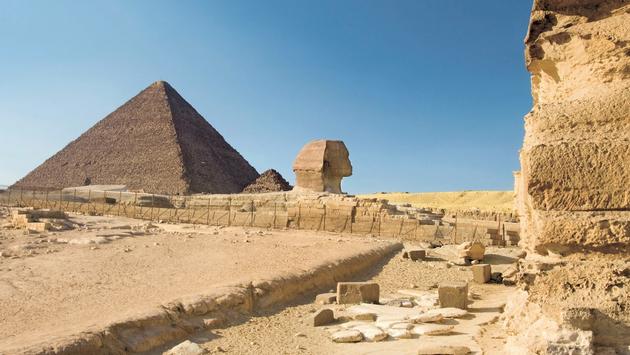What to Know About Travel to Egypt, Jordan, and Lebanon Amid Regional Tensions

The ongoing Israel-Hamas conflict has deeply affected tourism across the Middle East, particularly in Egypt, Jordan, and Lebanon, countries that share close proximity and economic ties with the conflict zones. Local tour operators and travel industry insiders provide insights into the current state of tourism in these countries, revealing a complex landscape of challenges and opportunities.
Impact of Regional Instability on Tourism
Pia Abboud, owner of Discovery Beyond Borders in Lebanon, highlights the compounded crises affecting Lebanon, including the COVID-19 pandemic, the economic downturn, the devastating Beirut explosion in 2020, and now the ongoing conflict in Gaza and Palestine. Since the war’s outbreak on October 7, Abboud hasn’t conducted any tours and her business faces an uncertain future. “Each year brings a new challenge, and it seems to get worse,” she expresses over WhatsApp.
In Jordan, Ahmad Alomari, a local tour guide, returned from a training session in the US to face an immediate downturn in tourism. With a staggering 90 percent drop in bookings since the war began, Alomari contemplates shifting his investments away from tourism, a sector that has become increasingly volatile.
Basem Salah from Great Wonders of Egypt Travel notes a similar decline in tourism in Egypt. The Gaza conflict has not only diminished cultural tourism but also affected beach destinations, critical components of Egypt’s economy.
Tourism Trends Before the Conflict
Prior to the conflict, 2023 had shown signs of recovery from various global crises. Lebanon was slowly overcoming its severe economic crisis, Egypt had reported one of its best years for tourism, and Jordan was experiencing a surge in visitors from around the globe. However, the war has reversed many of these gains, with countries like Jordan seeing a dramatic fall in Western tourists, impacting an economy heavily reliant on tourism revenue.
Current Travel Conditions
Despite the challenges, the current low number of visitors presents a unique opportunity for travelers. Iconic sites such as Petra in Jordan, the Baalbek Roman Ruins in Lebanon, and the Great Pyramids of Giza in Egypt are less crowded, offering a more personal and profound experience. Tour operators and recent visitors suggest that now is a surprisingly good time to visit these historic locations, given the thin crowds and the warm reception tourists receive.
Safety and Travel Advisories
The U.S. State Department currently advises increased caution when traveling to Jordan and recommends reconsidering travel to Lebanon and Egypt. The situation remains fluid, and travelers are encouraged to stay informed about regional developments.
The Future of Travel in the Region
Despite the ongoing conflict, there are signs of resilience and recovery in the tourism sector. Intrepid Travel reports strong bookings for its upcoming tours to Egypt and Jordan, and other operators are cautiously optimistic about the future. In Lebanon, Abboud is starting to see a slow return in bookings, though the threat of further disruptions looms large.
This complex scenario underscores the dual reality of opportunity and uncertainty in travel to Egypt, Jordan, and Lebanon. Prospective travelers should conduct thorough research, remain flexible in their plans, and consider the broader impact of their tourism in these historically rich yet currently unstable regions.
